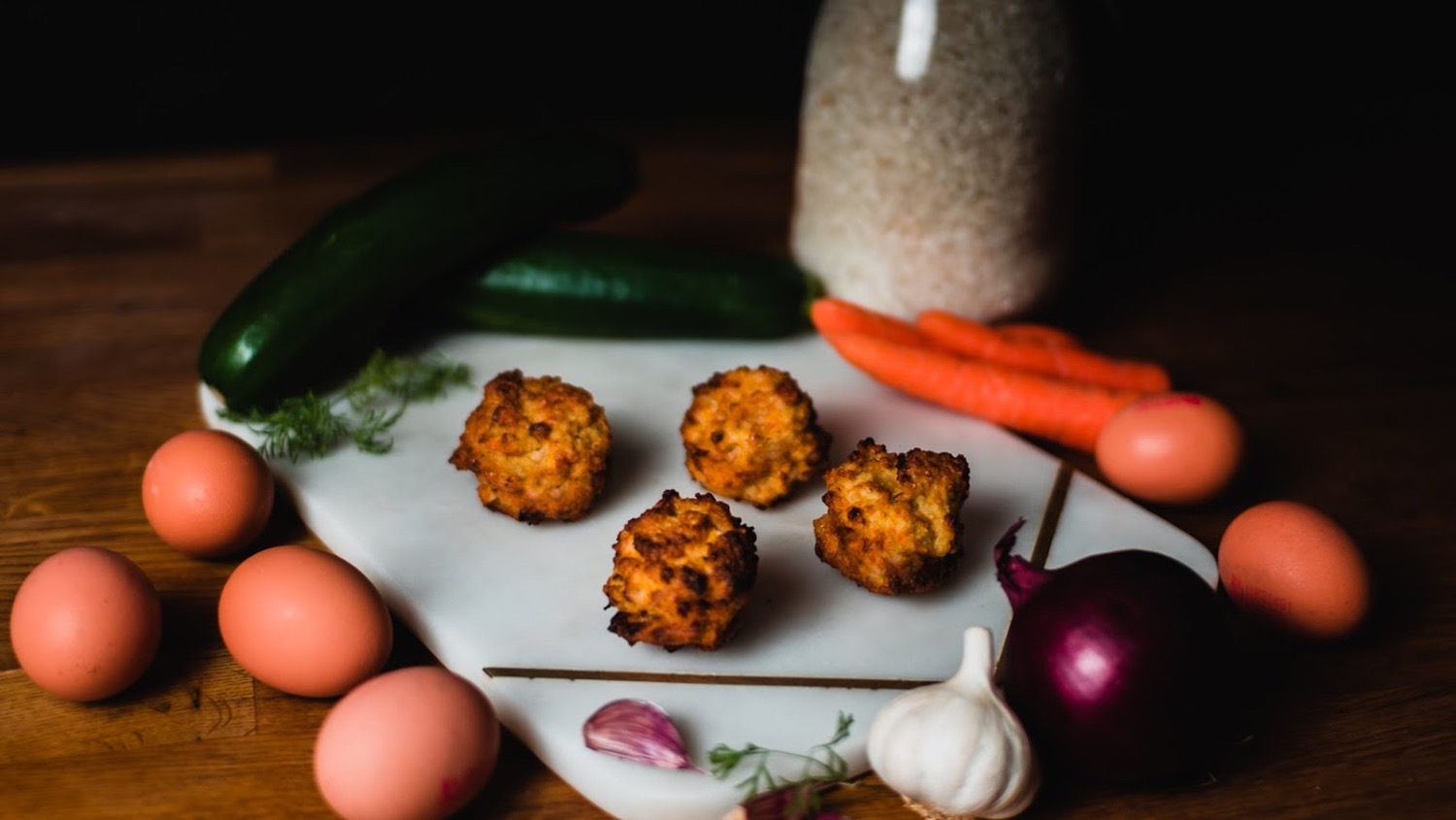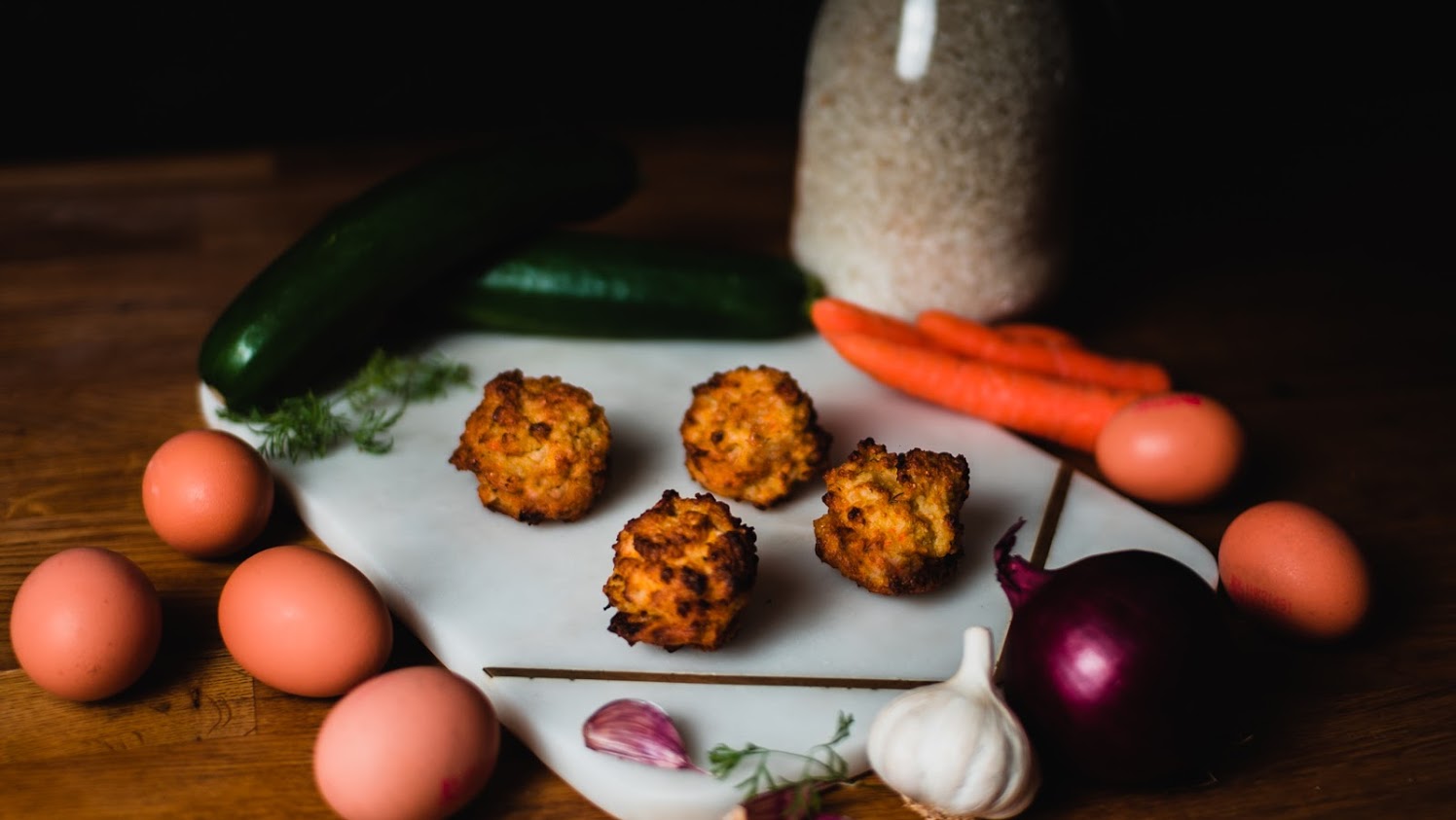WHY TO CHOOSE ORGANIC
Whatever your diet, opting for organic foods is a smart priority. Choosing organic foods benefits your personal health as well as the planet’s.
Buying organically grown food that is free of harmful chemicals is a direct vote with your money. There are so many reasons to choose to go organic. Whether you are wanting produce grown using lower levels of pesticides or artificial fertilisers, farming methods which use environmentally sustainable management of land, therefore creating less ecosystem devastation, or for health benefits for you and the future generations to come.


Here are my top 5 reasons to choose organic foods today:
1. Taste
An organic diet is linked with increased consumption of vitamins, minerals, antioxidants, enzymes, essential fatty acids and micronutrients. When compared with commercially grown foods, the soil is managed and nourished with sustainable practices by responsible standards, making organic food healthy and safe. Enjoy the better taste from your nourished, healthy food! Organic foods don’t contain artificial preservatives, so consumers get a fresher, better tasting product as the items sit on the shelf for far less time. With organic foods, there are no fake chemical flavours, just the authentic taste of the food shining through.
2. Chemicals
Non-organic food often contains harmful hormones and pesticides. Eating organically grown foods avoids us from consuming the chemical poisons present in commercially grown food. Pesticides are poisonous and have been designed to kill off insects, so choose organic produce to prevent consuming these small traces of poison.



3. Animal Antibiotics
Organic produce doesn’t only encompass your fruit and veg. Selecting organic meat helps to avoid animal products containing hormones, antibiotics and drugs. A majority of pesticide intake comes from animal products – meat, poultry, fish, eggs, and dairy products – due to these foods being higher up in the food chain. Factory farmed animals are often fed animal by-products that are heavily laden with toxins and chemicals. Antibiotics, drugs, and growth hormones are given to these animals which are directly passed into meat and dairy products. These toxins accumulate and concentrate in fatty tissue, and these drugs often remain in complete form and move directly into the consumer’s diet when meat is eaten. Scientists warn that the rampant use of antibiotics in animal feed may lead to an epidemic when our important antibiotics have been made ineffective. If you cannot find a local supplier of organic meat than take a look at Graig Farm, a Welsh organic produce farm, that delivers throughout the UK. They have a blog offering advice, if you are interested read more on organic chicken on their website. Their meats are also provided in butcher’s wrap, which is plastic free!
4. The Environment
The used agricultural chemicals, pesticides, and fertilisers are also contaminating our environment. By choosing organic produce, we reduce chemical pollution and protect water and soil poisoning. Toxic chemicals are not permitted in certified organic farming. They also require responsible management of healthy soil and biodiversity, protecting our precious water supplies, and halting the destruction of fertile farmland.
Surface water runoff from non-organic farms can deposit pesticides into lakes, rivers, and reservoirs. There pesticides and chemicals don’t belong in our lakes or oceans, but companies who dispose of these chemicals incorrectly can contaminate soil and drinking water supplies. When pesticides infiltrate wildlife habitats, many creatures and eco-systems suffer.

5. The Future
Research has shown that chemicals, pesticides and other pollutants in food cross the placenta and can create health risks for babies. Soon to be parents choosing organic foods help their baby to be exposed to fewer health risks. Conventional agriculture production also uses far more fossil fuels. Selecting organic food supports sustainable farming and helps to preserve non-renewable fossil fuels, therefore, reducing global warming impacts. Spending in the organic sector is a way to voice your opinion on the need for a sustainable future for generations to come.
In the past, organic food has been seen as too expensive by many. Organic food can cost more than conventional produce; however, through consumer support for organic, prices have become more competitive. If you do not have access to affordable organic produce, then try to buy more in-season produce. Alternatively, swap a few of your regular shopping items for organic ones in your weekly shop.


